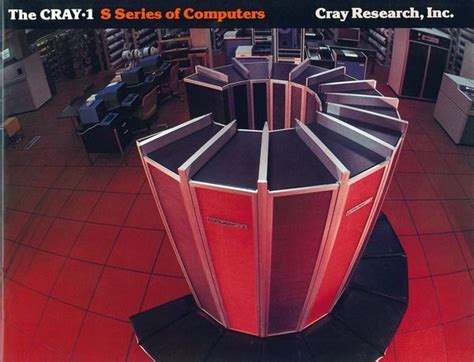
Over 60% of all private bankruptcies in the US are due to medical issues. The system is broken

Over 60% of all private bankruptcies in the US are due to medical issues. The system is broken
You can still run Illumos/OpenIndiana, driver support will be spotty though


Technically. The constipation would probably balance out the weight loss though


Yeah, they have already done this with other extensions like Python, this is not new behavior.
Honestly the biggest reason to stay away from VS Code


You will get Helvetica and you will be happy with it! /s


Remember: The Nazis never officially abolished the democratic Weimar constitution. They just hollowed it out until it was completely ineffectual


If we’re also talking old computers then it’s hard to beat the Cray-1



Yeah, it is for sewing, got it at home just for that. It’s to clamp down the fabric’s edge for sewing it cleanly


In my home server my Seagates have been dying one after another, I have replaced each failed one with a Toshiba and they have been rock solid so far


Holy shit, I thought that it would bring some minor improvements, but those benchmarks are insane


I’ve looked it up and it’s even uglier and I can kinda understand why they did it this way
Basically, for their “integrations” they aren’t using any official APIs. Instead they just use the websites and automate them via the Playwright framework. So for each user they have a VM running with a Chrome browser to access the services.
So now they have the problem that they need to get their users session cookies into the browser. And the easiest solution for that is having the users access their VM via VNC and just log into the automated browser.
This is such a hacky solution that I’m actually in awe of it’s shittiness. That’s something you throw together in an all-nighter during a Hackathon, not a production ready solution


Damn, who’s cutting onions here ;_;
Also the Apple Pippin. And third-party Macintosh clones. And the Twentieth Century Macintosh. And the Apple III.
Especially before Steve Jobs took over Apple again they had what feels like more flops than successes.


Yeah, I’m making a lot myself too, but I sadly don’t have the storage space for large amounts of food. And the homemade goods are often more expensive, unless you can get veggies on the cheap from a farmer


It gets even worse when a number of anime aren’t even licensed for your country so you can only stream them via VPN. Looking at you Crunchyroll


I agree with the Runtime being slower. These days Android doesn’t technically use the JVM anymore but the Android Runtime, ART for short, that actually performs ahead of time compilation to native code for the byte code for increased performance. Still, the Java Runtime it implements is very heavy and comes with it’s own overhead, so native Android code written in Java/Kotlin is generally slower than native iOS code written in Objective C/Swift.
The kernel architecture does influence more than just the hardware it can run on though. Microkernels for example are generally more secure but slower than monolithic kernels


Microkernels aren’t better per se than monolithic kernels. Their main advantage is increased security. Only a small portion of the Kernel actually runs in Ring 0, the most privileged level where the code has full access to the computer. Drivers and the like then technically run as separate, less privileged programs that interact with the kernels via messages. This greatly reduces the attack surface on the kernel and prevents crashes or memory access from a faulty driver.
This comes at a cost though. While microkernels are generally more secure, they are also less performant. Each message means overhead and a context switch you don’t have in a monolithic kernel.
The discussion between the two kernel types has been going on for the last thirty years and was famously the source for a long argument between Linus Torvalds, founder of the Linux Kernel and Andrew S Tannenbaum, creator of the Minix kernel.
In the end the XNU kernel isn’t even a full microkernel, but a hybrid kernel, trying to take the best of both world by originally taking the Mach microkernel and then implementing the 4.3BSD monolithic kernel on top of it. There are even project to do the same with Linux, like L4Linux
Overall the choice of kernel doesn’t hold Android back in comparison, Linux is an extremely capable piece of software that runs on anything from small microcontrollers to all of the world’s largest supercomputers. Though Google’s newest OS project, Fuchsia, actually uses a microkernel for increased security. And it doesn’t use Linux because of licensing, but that’s a whole other can of worms
Reminds me of Anthropics AI store experiment